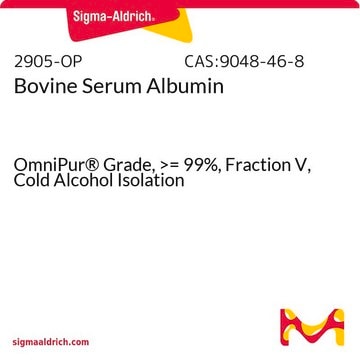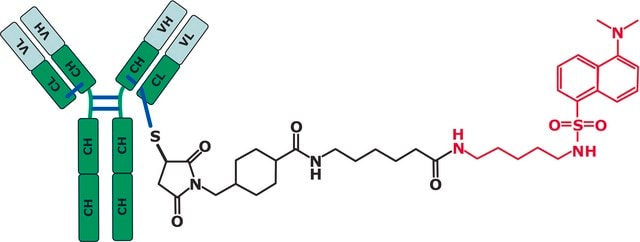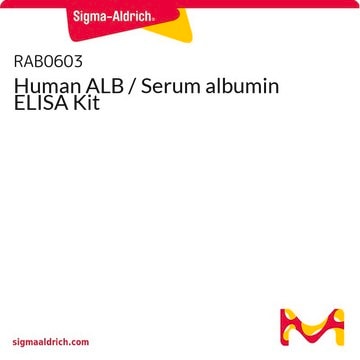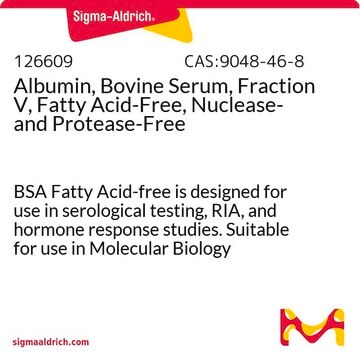MSST0012
SILu™Lite ALB Albumin human
recombinant, expressed in HEK 293 cells, MS Protein Standard
Synonym(s):
Albumin, Mass spectrometry standard, Human Albumin
About This Item
Recommended Products
biological source
human
Quality Level
recombinant
expressed in HEK 293 cells
Assay
≥98% (SDS-PAGE)
form
lyophilized powder
technique(s)
mass spectrometry (MS): suitable
suitability
suitable for mass spectrometry (internal calibrator)
UniProt accession no.
shipped in
ambient
storage temp.
−20°C
Gene Information
human ... ALB(213)
Related Categories
General description
Biochem/physiol Actions
Sequence
Physical form
Legal Information
Storage Class Code
11 - Combustible Solids
WGK
WGK 2
Flash Point(F)
Not applicable
Flash Point(C)
Not applicable
Certificates of Analysis (COA)
Search for Certificates of Analysis (COA) by entering the products Lot/Batch Number. Lot and Batch Numbers can be found on a product’s label following the words ‘Lot’ or ‘Batch’.
Already Own This Product?
Find documentation for the products that you have recently purchased in the Document Library.
Our team of scientists has experience in all areas of research including Life Science, Material Science, Chemical Synthesis, Chromatography, Analytical and many others.
Contact Technical Service






